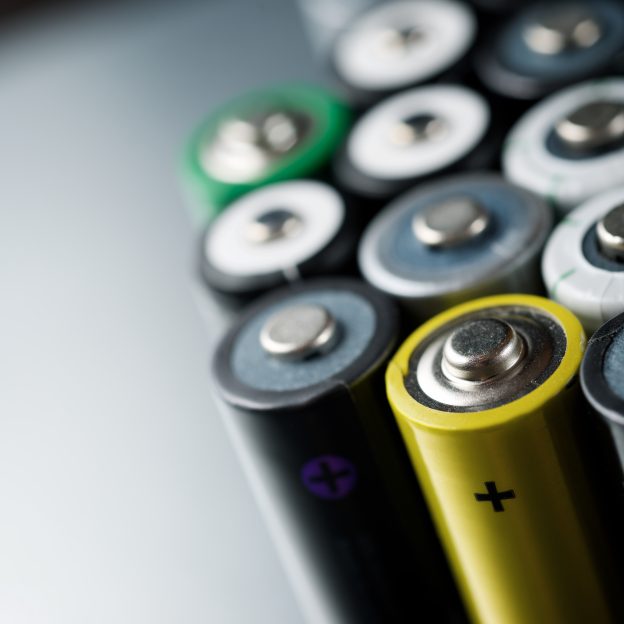
First in India and then in Indonesia, Gogoro, a Taiwanese electric scooter maker known for its battery-swapping infrastructure, has announced several overseas projects in succession. Taking its recent deal in China into account, the company has expanded its business into the world’s top three scooter markets, which is definitely good news for its Wall Street investors.
On November 2, Gogoro announced a partnership with Indonesia’s tech giant Gojek, in which Gogoro’s battery-swapping electric scooters will be used in a trial run in Jakarta. The first phase of the project comprises four battery swapping stations and 250 Gogoro Smartscooters, the number of which is expected to hit 5,000 in the coming years.
When founded in 2010, Gojek was a small company providing scooter hailing service—common in Indonesia—with only 20 bikes. In 2015, thanks to the local growing trend of smartphone and app use, Gojek’s app was downloaded over 30 million times within 2 years, turning the ride-hailing app into practically a WeChat equivalent in Indonesia—a so-called “super app”.

▲ Gojek’s business covers more than 2/3 of Indonesia
The Gojek app now offers 20+ services concerning almost every aspect in life, such as delivery, transport, payments, food, audiovisual contents, ticketing, e-commerce and digital marketing. The ride-hailing company is funded by multinational big names including Tencent, JD.com, PayPal, Facebook, Google, Temasek, DBS Bank and Mitsubishi Corporation. In May 2021, Gojek and e-commerce leader Tokopedia announced a merger to form GoTo, the largest Internet company in Indonesia that is preparing for an IPO with an estimated valuation of $40 billion.
Through the partnership, Gogoro allows Gojek to use its Smartscooters and battery-swapping stations with a “reasonable rent” that covers battery replacement and maintenance services. “We chose electric scooters to reduce costs,” said Raditya Wibowo, chief transport officer of Gojek. Fuel, food and telecommunication are three major costs of the ride-hailing giant. While Gojek has cut spending on food and telecommunication, the next step is to reduce fuel costs.
The first phase of the project allows Gogoro and Gojek to see whether drivers—surely heavy users—can get used to electric scooters. If they do, it means that most Indonesian citizens are willing to take the “electrified” two-wheel means of transportation.
Countries with Most Scooters per Person Strive for Electrification to Achieve Net Zero Emissions
Announcing the partnership at this moment is particularly meaningful as the COP26 summit, an iconic conference representing the global efforts to reduce carbon emissions, takes place in Scotland. While Indonesia accounts for just 1.69% of global CO2 emissions, Gojek intends to achieve net zero emissions by 2030, indicating that its 2 million fossil fuel vehicles (including those with four and two wheels) must be replaced with electric ones.

▲ Gojek uses Gogoro’s electric scooters with hope of achieving net zero emissions (Source photo: Gogoro)
It is no coincidence that Grab, Gojek’s major opponent, is also transitioning to electric vehicles by cooperating with another Taiwanese player Kymco, whose 900 electric scooters under its own-brand IONEX are under Grab’s trial operations.
As the top three scooter markets (i.e., China, India and Indonesia) are aggressively striving for emission reduction and application of electric scooters, Taiwan’s Kymco and Gogoro are likely to gain substantial profits with their business in the said markets. Interestingly, and somewhat ironically, the shift from fossil fuel to electric vehicles in Taiwan per se has stagnated for years and now lags far behind.

▲ CO2 emissions per capita in Taiwan is 5 times that in Indonesia (Source: Our World in Data)
(Image source: Gojek)







